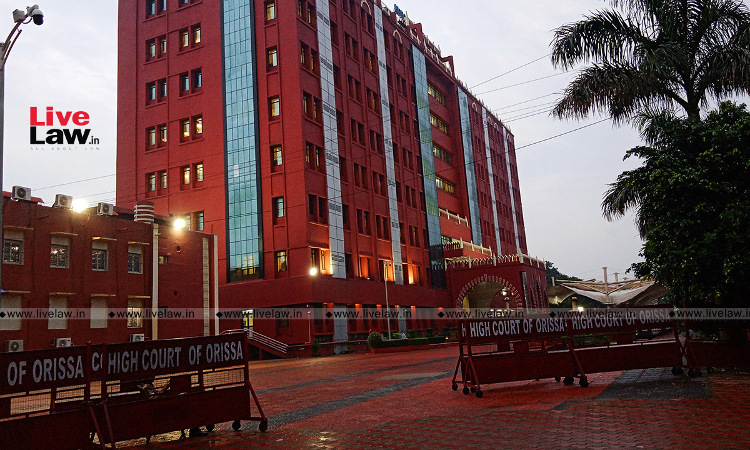The Orrisa High Court (“High Court”) division bench of Chief Justice Chakradhari Sharan Singh andJustice M.S. Raman held that upon the expiry of a temporary scheme, the reengagement of a casual labourer cannot be ordered by the court. Brief Facts: The Petitioner, a workman, worked under the management of Horticulturist, Bhubaneswar on a Nominal Muster Roll (NMR)...

